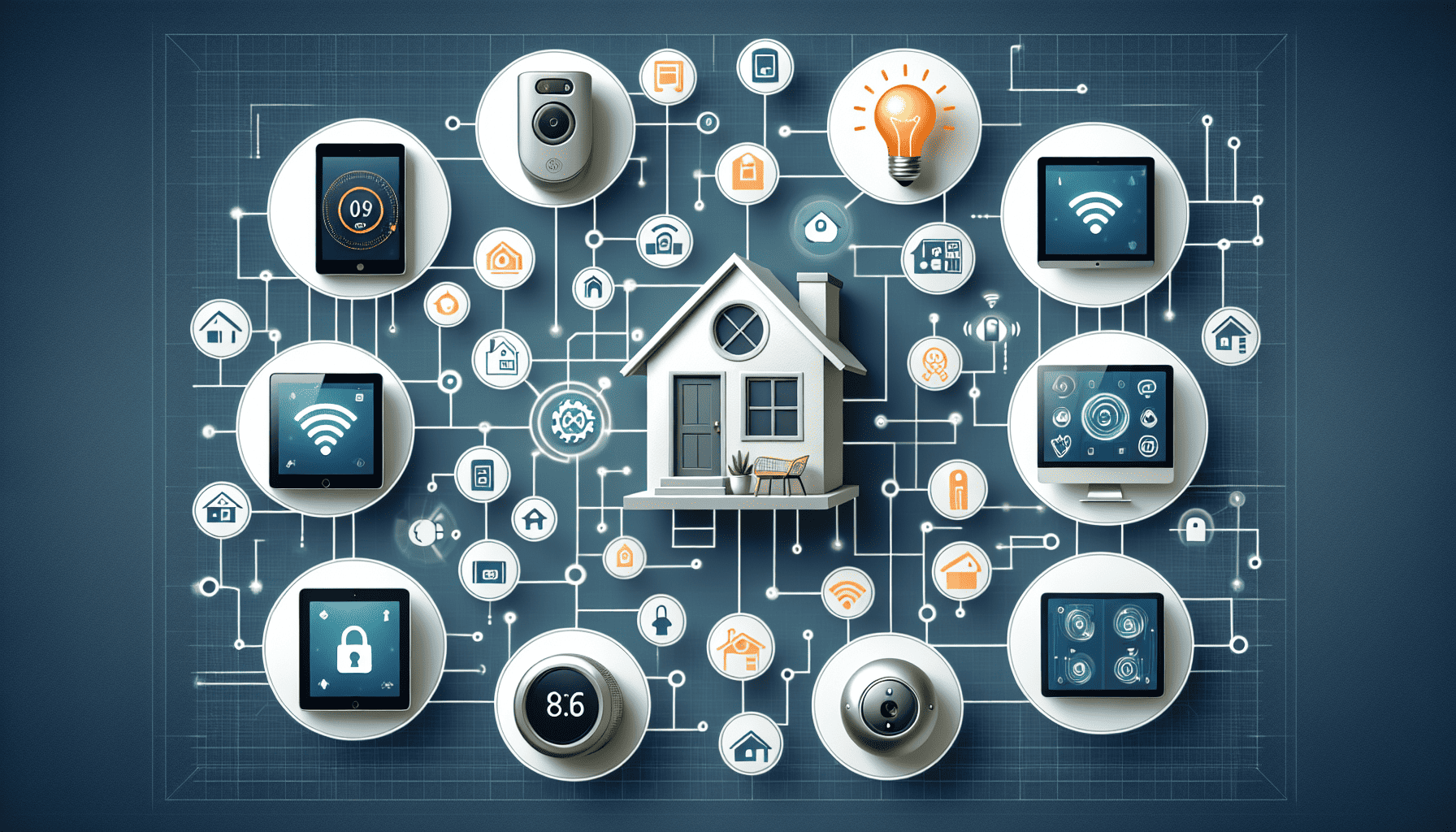The Internet of Things (IoT) has rapidly emerged as a cornerstone of modern technology, transforming the way we interact with our surroundings by seamlessly connecting a myriad of devices to create smarter environments. This technological revolution is reshaping industries, enhancing everyday life, and setting the stage for an interconnected future.
At its core, IoT refers to the network of physical objects embedded with sensors, software, and other technologies, enabling these items to connect and exchange data with other devices and systems over the internet. From smart homes and industrial automation to healthcare and transportation, the applications of IoT span across innumerable sectors, each benefiting from the increased efficiency, data-driven decision-making, and automation it provides.
In the realm of smart homes, IoT is pioneering a new era of convenience and control. Smart thermostats, lighting systems, and security cameras can be monitored and adjusted remotely, providing homeowners with greater control over their environment. These devices learn user behaviors and preferences, optimizing energy consumption and enhancing security through intelligent automation. This not only results in cost savings but also in reduced environmental impact, as energy usage is fine-tuned to suit individual needs.
In industries such as manufacturing and logistics, IoT is delivering unprecedented levels of optimization. With the integration of IoT devices, manufacturing processes are becoming more efficient through real-time monitoring and predictive maintenance. IoT sensors collect data on machine performance and environmental conditions, allowing for proactive interventions that minimize downtime and improve productivity. Similarly, logistics benefit from IoT by providing real-time tracking of shipments, optimizing routes, and reducing fuel consumption, ultimately leading to more sustainable and cost-effective operations.
Healthcare is another domain where IoT is making significant strides. Wearable devices, such as fitness trackers and smartwatches, monitor vital signs and physical activity, providing individuals with insights into their health and enabling them to make informed lifestyle choices. For healthcare providers, IoT offers the potential for remote patient monitoring, allowing for the continuous tracking of patient conditions without the need for physical consultations. This is particularly beneficial for managing chronic illnesses and providing care for individuals in remote or underserved areas.
Transportation systems worldwide are also being revolutionized by IoT. Connected vehicles and smart infrastructure are paving the way for safer, more efficient travel. IoT-enabled traffic management systems analyze data from numerous sources to optimize traffic flow, reduce congestion, and enhance road safety. Autonomous vehicles, equipped with a plethora of IoT sensors and systems, promise to further transform transportation, offering the potential for a future with fewer accidents and more environmentally friendly travel solutions.
Despite its numerous benefits, the widespread adoption of IoT also presents challenges, particularly regarding security and privacy. As more devices become connected, the potential for data breaches and cyberattacks increases. Ensuring robust security measures and creating regulatory frameworks to protect user data is crucial to building trust and fostering the continued growth of IoT technologies.
Looking ahead, the future of IoT is incredibly promising. As technological advancements continue, we can expect IoT to integrate more deeply into our lives and evolve into an even more powerful tool for creating intelligent ecosystems. With continued innovation and collaboration across industries, the potential for IoT to drive positive change across the globe is boundless. By embracing these technologies, we can look forward to a future where our environments are not just connected, but truly smart, responsive, and attuned to our needs.
